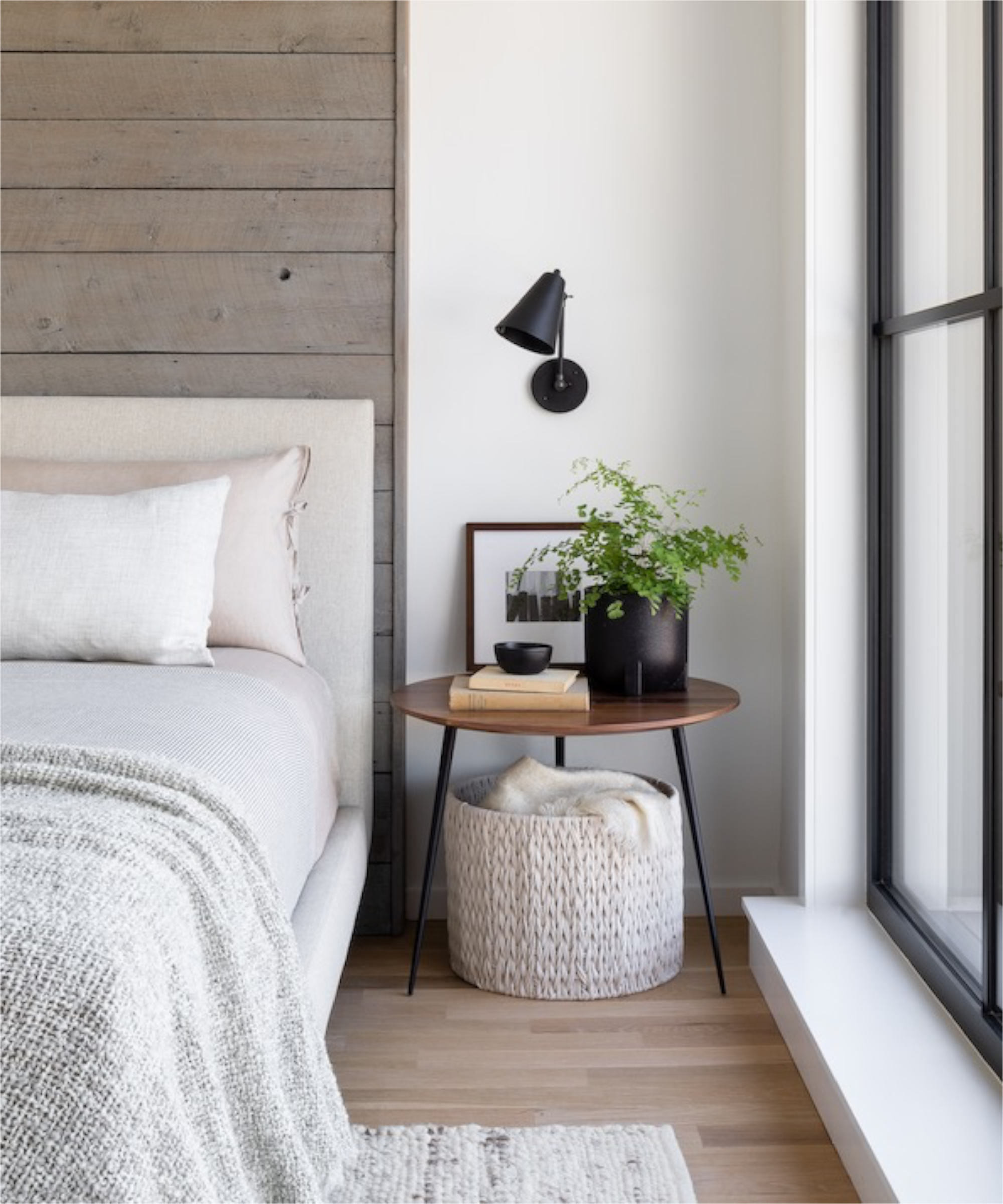
Your bedroom should be the most relaxing room in your home, the one you walk in and instantly feel at peace. And at the heart of this space is the bed.
But should you end the day by sinking into a soft, squishy, cloud of a bed? Or is a firm, supportive mattress the key to restful sleep? When it comes to how to sleep better, decisions you make when investing in a bed and mattress can really impact how you rest later down the line. So what is the answer to the hard vs soft debate when it comes to beds?
We asked the experts to weigh in on what the pros and cons are of each, and which is likely a better choice for your sleep.
Why is hardness or softness important in a bed?

Your mattress firmness will dictate the quality of your sleep, and the wrong choice can even impact your quality of life, leaving you with constant aches and pains.
'A true medium-firm mattress with zoned support improves sleep quality and reduces back pain, as the bed will adequately support key areas of the body, like the hips and shoulders, to promote spinal alignment,' suggests Yvonne Chiang, VP of products at Silk and Snow.
'These areas often carry the most weight when a person is lying down, so if the bed is too soft, they will sink into the mattress unevenly, resulting in spinal misalignment' Yvonne continues. A firmer mattress can help to support these more sensitive areas, preventing the painful effects of a misaligned spine.
However, this does not mean that you have to sacrifice the comfort of a soft, plushy bed. Yvonne explains, 'Even on our plush-top mattresses, we designed them with a firmer foundational layer and ergonomic support zones. This way, people who prefer a softer surface will still receive adequate support, so they can sleep pain-free.'
Is it a personal decision?

Many factors can go into choosing the right bed for you, but identifying your sleeping patterns is a good place to start.
Dr Michael Breus, also known as The Sleep Doctor and a diplomate of the American Board of Sleep Medicine, says, 'In general, stomach sleepers do better on firmer mattresses to prevent their hips from sinking too deep and causing their spine to curve.'
Dr Breus suggests that 'Side sleepers can do well with a softer mattress, but again make sure your hips and shoulders don't sink so much to throw your spine out of alignment.
'There is no "correct" bed for sleep; let your sleep position, weight, and personal preferences be your guide.'
So which is better?
Even with all this advice in mind, personal preference should be the deciding factor when it comes to selecting the right bed for you. You are going to be the one sleeping in it, so make sure you choose one that you love.
'There is no hard and fast rule for firmness as it relates to sleep quality,' explains Dr Kristen Casey, author of Insomnia Doc's Guide to Restful Sleep. 'Some prefer soft beds, others prefer a more firm bedding situation. It is important to consider what is the most comfortable for you specifically, especially as it relates to your physical health concerns,' she continues.
'Those with chronic pain or chronic health conditions may prefer a certain type of firmness, but it varies depending on the person.'
So, the answer is, there really isn't an answer. You may need to test out some mattresses before you commit if you're unsure what's best for you, but these expert's advice, and how it relates to your sleep position and more, is worth considering, too.
Price: $3,199
When it comes to ridding yourself of sleeping pains, this is the mattress that speaks to me best. It's packed with clever features, but can also be combined with a Power Base that allows for your head or feet to be elevated to the perfect position.
Price: $2,945
Saatva's RX mattress is definitely an investment, but if you can't invest in your sleep, where can you? It has 10s of thousands of five star reviews, and each is made to order, not delivered in a box, so you're definitely getting a luxury product.
Price: $1,159
Emma is a contemporary mattress brand that's become a popular choice for those in the know. Livingetc's editor, Hugh Metcalf, says this is his next choice for a mattress. 'Every time I've been to a hotel or Airbnb recently and loved the mattress, I've checked and it's always been an Emma,' he says.







